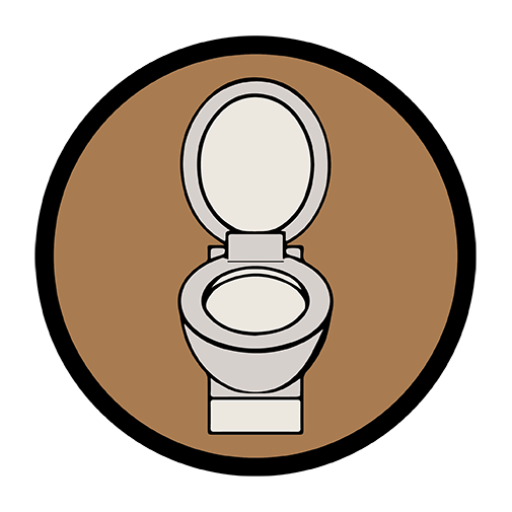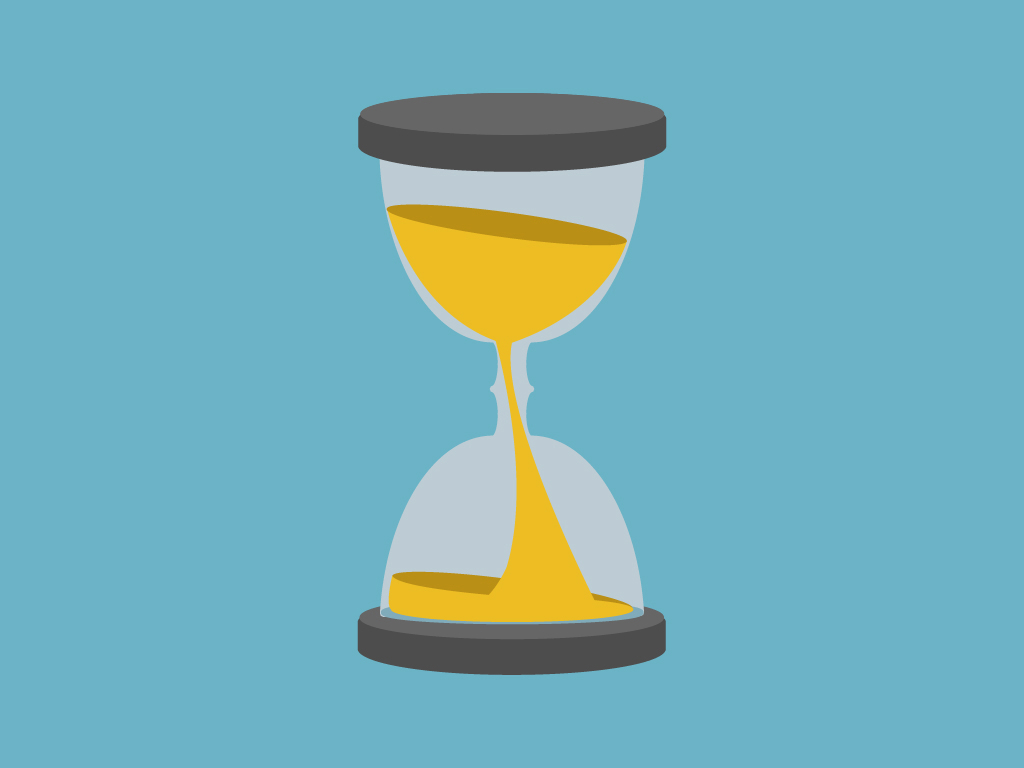Urologists say you should follow this rule
Some people think they pee a lot while others think they do it less. So, paying attention to the number of seconds you take to pee is a good way to monitor your bladder according to Janis Miller, Ph.D., a nurse practitioner behind the website MyConfidentBladder.com. Generally, you should take 20 seconds to pee, and if you’re under this number you’re probably going too often while if you’re over, you’re holding pee too long.
This 20-second bladder rule comes from research by a group of mechanical engineering students at the Georgia Institute of Technology. They were working on a project to figure out a better design for water towers. To study a more straightforward form of fluid dynamics, they visited a zoo and counted how long it took animals to pee from start to finish.
They determined that practically every mammal takes 21 seconds to empty its bladder on average. This is around one cup of liquid for a person. According to Nicole Eisenbrown, MD, a urologist in Florida, if you drink around 8 cups of water each day, you should pee 8 times.
Because other mammals, unlike humans, are driven by a biological urge to urinate, the 21-second rule offered a bladder baseline for animals larger than hamsters.
So, the zoo study provides an easy-to-follow guideline for bladder health. If your bladder is sufficiently full, it should take roughly 21 seconds to empty. Dr. Miller suggests rounding down to 20 seconds for simplicity’s sake and keeping track to see where you are on the spectrum. If you find that you almost always pee for significantly less or more than 20 seconds, consider examining your bladder habits: Are you drinking too much water or not enough? Are you giving yourself enough bathroom breaks during the day? Or are you using the bathroom more than you need to because it’s the only private place in your house? Your answers can help you to tweak your bladder habits.
When your bladder fills up, it inflates like a balloon and transmits signals to your brain as the pressure rises. However, when you pee too frequently or seldom, this brain-bladder communication can go wild.
If you’re the type of person who gets so focused on your work that you forget to go to the bathroom. Eventually, your brain will ignore the “full” signals, and overstretching your bladder will become your habit. A typical condition of people who can’t leave their workplace but over-extending their bladder will cause it to stop working correctly because it gets slightly bigger over time until your bladder muscles lose the ability to stretch and eventually stop working properly.
However, the opposite can also happen. If you use bathroom breaks to relax, you might pee more often than you need. This trains your bladder to tell your brain it’s full when it isn’t. As a result, you can develop an overactive bladder, which involves a strong urge to pee even when you’re not releasing much liquid. Doctors may prescribe medication for overactive bladder, but they may also suggest bladder training, which is essentially reprogramming your brain-bladder communication.
In a nutshell, the 20-second bladder rule helps understand your habits so that you can make adjustments that are beneficial to your health.
Source wellandgoood.com

